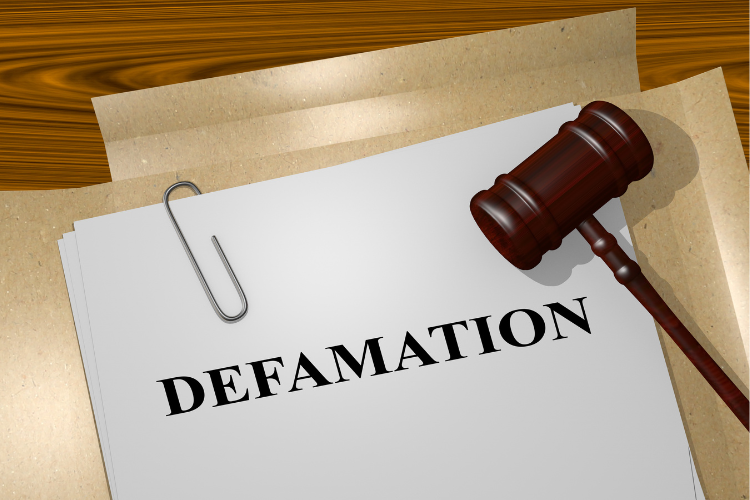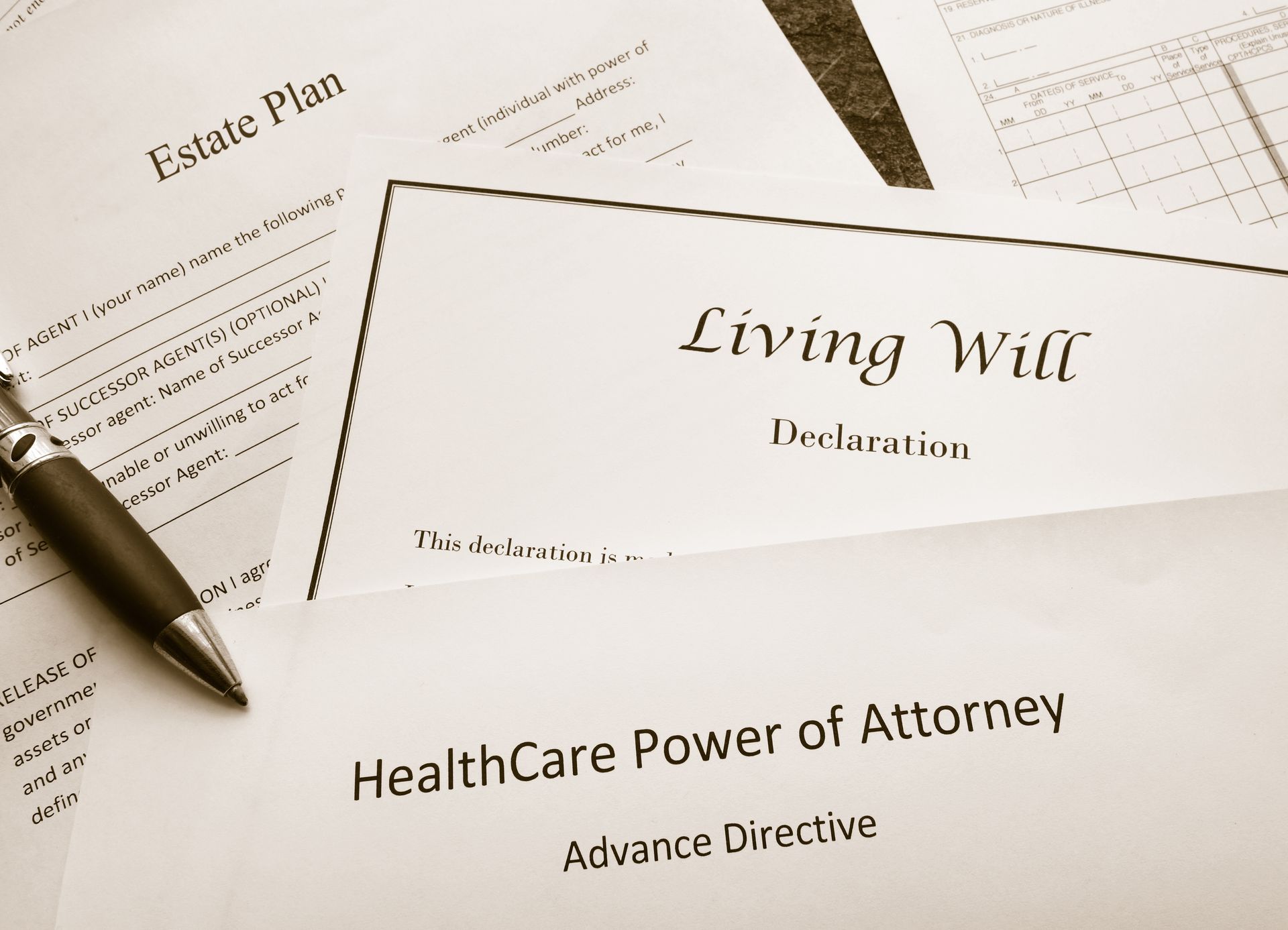You may be able to recover damages in a defamation case.
Defamation causes damage with untruthful statements. There could be legal recourse.

To prove defamation, a plaintiff must show that the defendant made a false statement of fact that was harmful to the plaintiff's reputation. The plaintiff must also show that the defendant knew or should have known that the statement was false.
Is it Libel or Slader? There are two types of defamation: libel and slander. Libel is defamation that is written, while slander is defamation that is spoken.
If a plaintiff proves defamation, they may be entitled to damages, which are money that is awarded to compensate the plaintiff for the harm that they have suffered.
There are a number of defenses to defamation, including truth, opinion, and fair comment. The truth defense is a defense that can be used if the defendant can show that the statement that they made was true. The opinion defense is a defense that can be used if the defendant can show that the statement that they made was an opinion, and not a fact. The fair comment defense is a defense that can be used if the defendant can show that the statement that they made was a fair comment on a matter of public interest.
A restaurant owner is defamed by a customer who posts a false review on social media, claiming that the owner was rude and refused to serve them. The review is seen by thousands of people and damages the owner's reputation. The owner can sue the customer for defamation.
Another example of defamation is when someone spreads a false rumor about another person. For example, if someone spreads a rumor that a co-worker is having an affair, this could be considered defamation.
The Case of Simmons v. Smith In the case of Simmons v. Smith, 88 N.E.3d 127 (Ind. Ct. App. 2017), the plaintiff, Simmons, was a former employee of the defendant, Smith. Smith had fired Simmons after Simmons filed a complaint with the Equal Employment Opportunity Commission (EEOC). After Simmons was fired, Smith made a number of false statements about Simmons to third parties, including that Simmons had been fired for stealing and that Simmons had been a poor employee. These statements caused Simmons to suffer emotional distress and damage to his reputation. Simmons sued Smith for defamation. The trial court found in favor of Simmons and awarded him $10,000 in compensatory damages. The appellate court upheld the trial court's decision, finding that Smith had made false statements about Simmons with malice and that those statements had caused Simmons to suffer emotional distress and damage to his reputation. This case illustrates the fact that individuals can recover damages for defamation if they can show that the defendant made false statements about them with malice and that those statements caused them to suffer harm. Defamation can also occur online. For example, if someone posts a defamatory comment about another person on a social media platform, this could be considered defamation. It is important to note that defamation is not just limited to false statements of fact. It can also include false statements of opinion. For example, if someone posts an opinion that a co-worker is a "terrible person," this could be considered defamation if it is false and if it damages the co-worker's reputation. The damages that you may be able to recover if you have been defamed will vary depending on the specific facts of your case. However, some common damages that may be awarded in defamation cases include: Compensatory damages Compensatory damages are designed to compensate you for the actual harm that you have suffered as a result of the defamation. This may include things like lost wages, lost opportunities, and emotional distress. Punitive damages: Punitive damages are not designed to compensate you for any harm that you have suffered, but rather to punish the defendant for their wrongful conduct. Punitive damages are generally only awarded in cases where the defendant's conduct was particularly malicious or outrageous.
Injunctive relief Injunctive relief is a court order that requires the defendant to stop making the defamatory statements. This can be a valuable tool for victims of defamation, as it can help to prevent further harm to their reputation.
It is important to note that these are just some of the possible damages that you may be able to recover in a defamation case. The specific damages that you may be entitled to will depend on the specific facts of your case. If you believe that you have been defamed, you should speak to an attorney to discuss your legal options.








